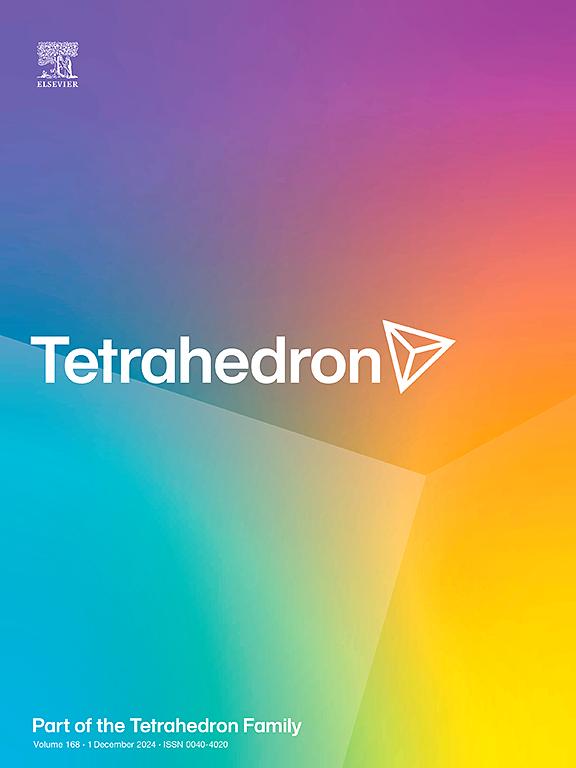Unraveling the synthesis and therapeutic potential of FDA-approved Alzheimer's drugs: A comprehensive review
IF 2.1
3区 化学
Q2 CHEMISTRY, ORGANIC
引用次数: 0
Abstract
Alzheimer's disease (AD) is a prevalent form of dementia that primarily affects individuals aged 65 and older. This progressive neurodegenerative disorder leads to significant cognitive, memory, and behavioral impairments. While the exact cause remains unclear, AD is thought to result from a combination of genetic predispositions, environmental factors, lifestyle influences, and age-related brain changes. The increasing prevalence of AD highlights the urgent need for effective treatments, as no cure currently exists. This review compiles the synthesis and clinical applications of FDA-approved drugs for AD, including rivastigmine, galantamine, and donepezil—cholinesterase inhibitors that improve cognitive function by inhibiting acetylcholine breakdown. Memantine, an NMDA receptor antagonist, modulates glutamatergic activity to protect neurons from excitotoxicity. Tacrine, an early cholinesterase inhibitor, had limited long-term use due to hepatotoxicity concerns. While these drugs provide symptom management and enhance quality of life, they do not stop disease progression. Recent advancements focus on combination therapies, novel drug delivery systems, and targeting amyloid-beta and tau proteins. Emerging treatments, such as monoclonal antibodies and stem cell approaches, offer hope for disease modification. Continued research is essential for the development of more effective and potentially curative AD therapies.

求助全文
约1分钟内获得全文
求助全文
来源期刊

Tetrahedron
化学-有机化学
CiteScore
3.90
自引率
4.80%
发文量
439
审稿时长
34 days
期刊介绍:
Tetrahedron publishes full accounts of research having outstanding significance in the broad field of organic chemistry and its related disciplines, such as organic materials and bio-organic chemistry.
Regular papers in Tetrahedron are expected to represent detailed accounts of an original study having substantially greater scope and details than that found in a communication, as published in Tetrahedron Letters.
Tetrahedron also publishes thematic collections of papers as special issues and ''Reports'', commissioned in-depth reviews providing a comprehensive overview of a research area.
 求助内容:
求助内容: 应助结果提醒方式:
应助结果提醒方式:


